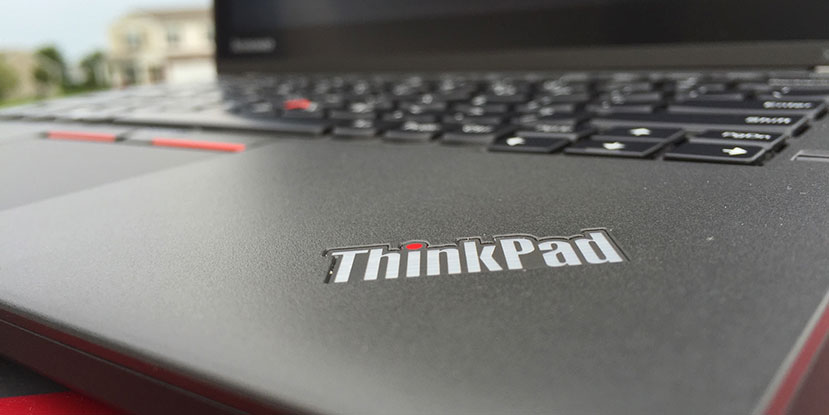Lenovo just can’t seem to catch a break ever since it was discovered that at one time Superfish came pre-loaded on certain Lenovo laptops. Then they got caught modifying the BIOS on their machines to ensure their software was installed should a drive be reformatted. Now Lenovo is facing some heat after it was discovered that it is collecting user data on ThinkPad, ThinkCentre, and ThinkStation devices.
Michael Horowitz, an independent computer consultant who writes for Computerworld, discovered that his recently purchased refurbished T420 ThinkPad (and another he purchased last October) was running a program called “Lenovo Customer Feedback Program 64” on a daily basis. After digging deeper, he found that a related file to the one in question was created by Omniture, an online marketing firm and is a service application for client-side web analytics.
Horowitz continued digging and found in this tidbit in the License Agreement:
Lenovo will collect basic information about what applications, services, and offers you choose during system setup. In order to make your experience more useful and enjoyable we may also collect information on how you use Lenovo applications. If you decide at any time you’d like us to stop collecting information on how you use Lenovo applications, you may open Settings and turn off Usage statistics. These processes do not involve the collection of any personally identifiable information.
Upon finding this, Horowitz hit the web and found a Lenovo support document that indicated that Lenovo ThinkCenter, ThinkStation, and ThinkPad computers “may include software components that communicate with servers on the Internet.” Not good news for an already paranoid user base given Lenovo’s past track record with Superfish and the BIOS tweak.
Then again, is this “new” discovery something to be making a big fuss about? With digital assistants exploding across different devices – from Google Now and Siri to Cortana, more users are allowing their smartphones and computers to collect information in order to make life and computing just that much easier. Computers can’t become smarter and tailor themselves to you without this information, and in Lenovo’s case they are claiming just that – they are trying to make your experience more useful and enjoyable. Besides, they do indicate that you can disable it, although they aren’t very specific on how to do this.
Instead of the outrage being over the fact that Lenovo is collecting and analyzing user data (without personally identifiable information), maybe it should be because they pretty much buried it inside a EULA that 99.9999…% of the planet doesn’t read when they get and set up a new computer. Perhaps the time has come that companies start adopting an opt-in attitude with a clear description on what they are collecting and why instead of having an on by default attitude with the agreement hidden deep inside a license agreement.
What do you think about this latest revelation that Lenovo is continuing to collect user data? Much ado about nothing or something to be concerned about? Just when do we draw the line on data collection which aims to “improve the user experience,” and forgo the Cortanas and digital assistants of the world? Let us know in the comments below, or on Google+, Twitter, or Facebook.
[button link=”http://www.computerworld.com/article/2984889/windows-pcs/lenovo-collects-usage-data-on-thinkpad-thinkcentre-and-thinkstation-pcs.html” icon=”fa-external-link” side=”left” target=”blank” color=”285b5e” textcolor=”ffffff”]Source: Computerworld[/button]Last Updated on November 27, 2018.











Comments are closed.